
I was very fortunate to have interviewed Luisa Igloria, one of the Philippine’s most-awarded poet. Here are some snippets from my lengthy and most substantial conversation with her…
The Filipino, I believe, is blessed naturally with the love of words – whether it be in Tagalog or English or any other language. Your new book, Trill and Mordent, has earned citations from critics and famous poets the world over. Citations like this:
"Luisa Igloria's new collection reflects a generous and sincere poet's meditations on daily news charged with the 'blunt wick of fear.' Her poems honor history and the private stories we keep in the body's memory. Rhythmically graceful, these poems nourish the soul." —Eugene Gloria
The Filipino, I believe, is blessed naturally with the love of words – whether it be in Tagalog or English or any other language. Your new book, Trill and Mordent, has earned citations from critics and famous poets the world over. Citations like this:
"Luisa Igloria's new collection reflects a generous and sincere poet's meditations on daily news charged with the 'blunt wick of fear.' Her poems honor history and the private stories we keep in the body's memory. Rhythmically graceful, these poems nourish the soul." —Eugene Gloria
When you write a poem, do you consciously integrate your history, the heritage of the Filipino people into every word, every syllable?
You've probably heard the saying that one writes [from] what one knows. I'm inclined to think that who I am (including being Filipina) is something that will therefore always be connected to my writing. On another level, looking back at specific poetry collections (such as Cartography, Encanto, In the Garden of the Three Islands, Trill & Mordent, and a new poetry manuscript that I am currently sending around for review at various places), I do know that I am compelled to respond to themes and subjects that query landcape and history, and "the Filipino subject".
Did you always know that you had this gift for words and imagery?
My parents plied me with books from a very young age. I am told that I learned to read at the age of three. Because I was raised as an only child, and because my parents were about twenty years apart in age, I remember being around their friends a lot.
They never "talked down" to me because I was a child. They took me everywhere. And even if we weren't wealthy, my parents appreciated the value of being exposed to a variety of cultural and art experiences -- they took me to concerts whenever they could, to watch ballet performances, to watch local theatre productions, even if it was only the local high school's staging of "Hansel and Gretel" or Exupery's "The Little Prince", or even those yearly cultural pageants inevitably culminating with some version of the Bontoc war dance, or something like that (I grew up in Baguio).
So I guess, yes, I have always loved words and imagery. And textures.
Some of this is also probably because I practically grew up watching and listening to the women in my family work and tell stories in the kitchen. It was a great place to eavesdrop for kwento.
When I was two or three, I remember being given a bilao or winnowing basket full of lima beans, and told to peel them. Only years later, as an adult, did I realize one did not really need to peel the beans to render them edible; it was "busywork" for me perhaps to keep me out of trouble. But it was a GREAT vantage point from which to take in everything going on in our kitchen. Everything I learned of taste, of how to use my intuition and the other feeling/sensing centers of my consciousness, was probably honed there. Those are extremely important for poetry too.
You use a lot of prose poetry, one may call it. Do you find it easier to drive your narrative forward using this style?
Mmm, I don't know that I write "a lot of prose poems" -- there are certainly some in my last collection. There are probably more in my unpublished manuscript. However, I do appreciate the question about the use of narrative. I like any sense of story, in general. I think that people are always telling stories; and Filipinos are no exception.
In poetry, narrative is only one of the possible "engines" that might drive a poem. I like to use narrative in poetry not just for its own sake, however-- which is I suppose the same way as saying that I'm not necessarily looking for a transcendent truth or moral statement in narratives.
The challenge for me is how to make narrative not simply be an illustration or description of something that happened. The biggest indictment that can be made of any poem is to say something like "but it really happened!"
Poetry has to allow room for some of the things that remain mysterious and that cannot be completely explained... otherwise why write poetry at all?
TREE OF WATCHFULNESS
[first published in RUNES 2002; nominated for Pushcart Prize same year]
Father, I brought a basin of lukewarmwater
and a towel with which to wash
your feet. I coaxed the dry cotton socks
over the raised pink swellings around each
ankle and felt the weight of your regret
rest briefly in each palm. I sorted your letters,
emptied your desk drawers, unshuttered
the windows to let air in, the false
odors of longing from the starfruit fallen
to the ground. Leaves held the sound of spirits
calling. In the morning you choked, perhaps
in the recitation of their names. Some say you
were a hummingbird, or a moth shredding
its wings on the satin lining of your open
casket. Each night I smooth my inheritance
like a sheet or a pillow, this sleep of wake-
fulness that divides the work of hours
from the dream of completion, that teaches
the flowering of darkness in both pleasure
and falling. It slips one hand into a pocket,
curved in the shape of a fist, while the other
continues its signing and saying in sunlight,
even as the heart's caged animals sharpen
their claws, their unpredictable hungers.
In your own words, what makes your poetry singular?
This is a hard question for me to answer. Shouldn't this be the critics' job? :)
What I hope, what any writer can only hope, is to touch a chord, make a connection, to every reader...
Do you start out a poem knowing already where it will end up and what it will be like as a complete poem?
Rarely.
This is a hard question for me to answer. Shouldn't this be the critics' job? :)
What I hope, what any writer can only hope, is to touch a chord, make a connection, to every reader...
Do you start out a poem knowing already where it will end up and what it will be like as a complete poem?
Rarely.

What is the single most compelling reason why you write?
Because I need to.
Is there a subject with which you're fascinated ?
Everything has a story, a history. I love stories.
Of late I have been captivated by the narratives of colonial Filipino writers and intellectuals who left for Spain or other European destinations in the 1800s (like the painter Juan Luna), and while there were confronted in an immediate way with the struggle to clarify questions of who their audience was, who they were addressing their work to, what their "subjects" should be, etc. -- at the same time, struggling with the question of "patria" or nationhood and subjectivity. I think that these are questions that have never gone away, and that we continue to wrestle with on a daily basis because their relevance has not changed, even in our time.
What does poetry bring into today's age, what does it contribute to society?
I'm so glad you asked this. I don't want to sound pompous or anything like that but it seems that the world today is getting more and more concerned with things that have an increasing capacity to alienate us from ourselves and from each other; so I feel like we need poetry more than ever. Poetry's focus is on the internal life of things, a way of being in the world that has the capacity to put the small, the miniature, the intimate, the expendable, the overlooked, the minor, in the foreground. Poetry can clear a space where maybe we can see past the bullshit and really talk to each other, or at least begin to really sort out stuff for ourselves...
--
On 7 March 2007, the National Writers Union announced Luisa Igloria as the winner of their 2006 NWU Poetry Contest. In selecting Igloria's poem "Descent", Poet Adrienne Rich judged it " outstanding as a work of language and visualization of history." Igloria’s poem “Venom” was also selected by former U.S. Poet Laureate Ted Kooser for the 2007 James Hearst Poetry Prize from the North American Review, choosing the poem from over 1,900 entries. Winner of the Stephen Dunn Award for Poetry for her poem "Kierkegaard's Fable” , she is one of the Philippine’s premier voices, having been inducted into the Palanca Hall of Fame for being the recipient of more than 10 Annual Palancas (the Philippine Palanca Memorial Literature Award is the highest literary award in the country).
Luisa A. Igloria, Ph.D.
Associate Professor
Creative Writing Program &
Department of English
Old Dominion University
http://www.luisaigloria.com
http://www.lizardmeanders.blogspot.com
"Ruin hath taught me thus to ruminate"
~ Sonnet 65, Shakespeare

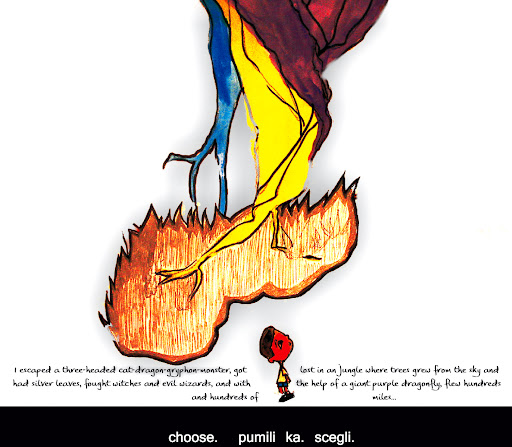
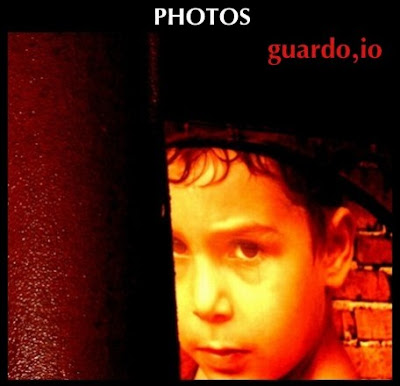
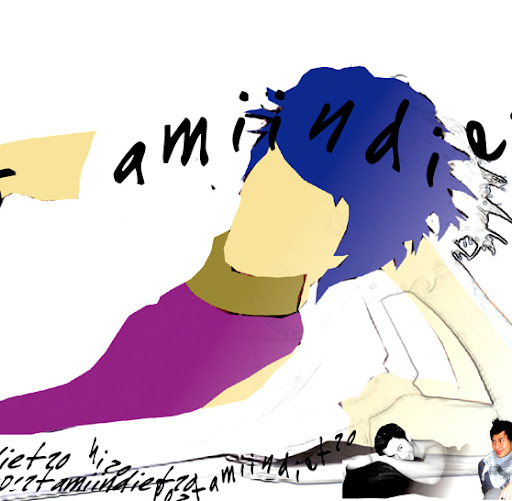
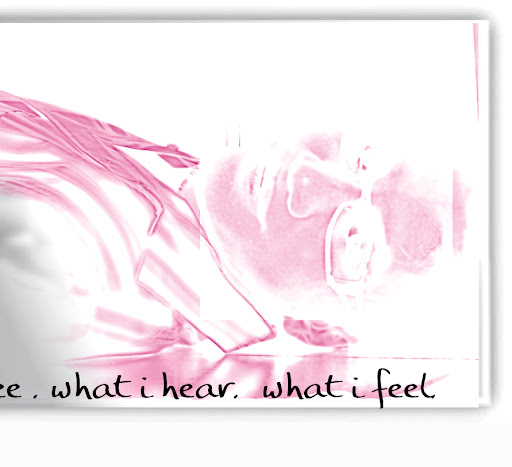

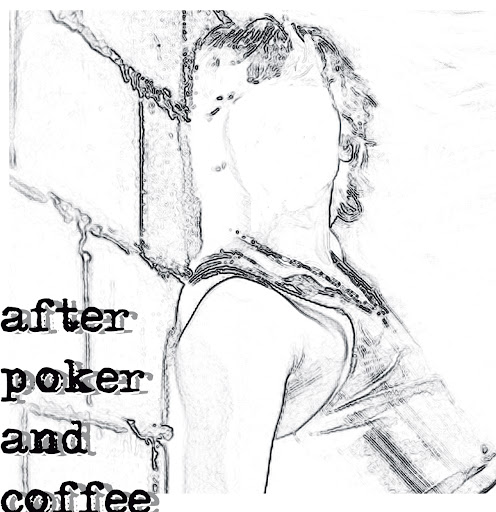

Nessun commento:
Posta un commento